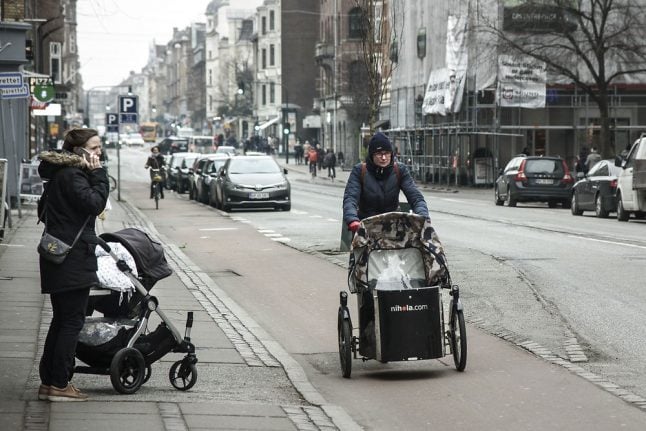Denmark may have fallen short of the top spot in the last few World Happiness Reports, but the Scandinavian country can now cheer up in the knowledge that Copenhagen may be Europe’s healthiest capital city.
A new analysis, based on a range of data and variables, has found Denmark’s largest city to be just that.
The ranking was compiled by pharmacy website treated.com, which collated data on a number of variables related closely to the health of those who reside in Europe’s capital cities.
The variables considered included monthly fees for a gym membership in the cities; life expectancy; air quality; water quality; proportion of GDP allocated to healthcare; the cost of 5 portions of fruit and vegetables; CO2 emissions; the prevalence of walking or cycling to work and the quality of green spaces.
Data was collected from sources including Numbeo, HPI ThinkTank, World Population Review, World Bank Group and Index Mundi and 46 of Europe’s capital cities were ranked. The data can be viewed here.
Copenhagen was found to be Europe’s healthiest capital city overall, a ranking that owed much to the city’s CO2 emissions (second-lowest) and drinking water (third-highest quality).

Graphic: treated.com
Only Amsterdam has more people who walk or cycle to work, according to the analysis, while Montenegrin capital Podgorica was the only city with lower CO2 emissions than Copenhagen.
Denmark’s capital fared well against its Nordic neighbours, being comfortably cheaper than both Oslo and Stockholm for gym membership, although all three cities are similarly pricey for fruit and veg.
Norway’s capital Oslo was ranked 19th overall, with Stockholm the 6th-healthiest city.
“Not only are these variables representative of our physical wellbeing, but they also relate to our psychological health. The quality of green spaces is a prime example of this. People need decent green spaces in their cities because they’re oxygen rich, of benefit to the respiratory system and can be prime locations to exercise freely,” Daniel Atkinson, GP clinical lead with treated.com, said in a press release.
“But another important facet in relation to this study surrounds the ‘accessibility’ of things which are of physical benefit to us. This can include variables like the cost of a gym membership and the cost of healthy food,” Atkinson added.
Other variables can also make up for a relatively high cost of healthy living, a factor relevant to Copenhagen, the GP noted.
“Perhaps interestingly, a lot of capital cities where these variables are expensive still rank considerably highly overall. Take Copenhagen, for example, where it’s generally very expensive to buy healthy food. It still manages to place first. There is an argument to be made about how VAT and taxes on organic produce are redistributed,” he said.
Cycling and walking and associated low CO2 emissions are closely related to the high placing of Copenhagen in the ranking system.
“CO2 emissions are also important, perhaps more particularly in capital cities where there is usually more congestion. The higher the rate of carbon dioxide, the more harmful it becomes. Specifically, over-exposure to carbon dioxide will make us feel restless, drowsy, tired, increase the heart rate and our blood pressure, make us sweat and inflict headaches,” Atkinson said.
“Walking and cycling in place of driving will help to reduce CO2, but exercise is also of benefit to our personal health – both physical and psychological – so the percentages of people walking or cycling to work has been included as its own variable in our study,” he added.
READ ALSO: Free fruit turns Danish kids away from unhealthy snacks



 Please whitelist us to continue reading.
Please whitelist us to continue reading.
Member comments